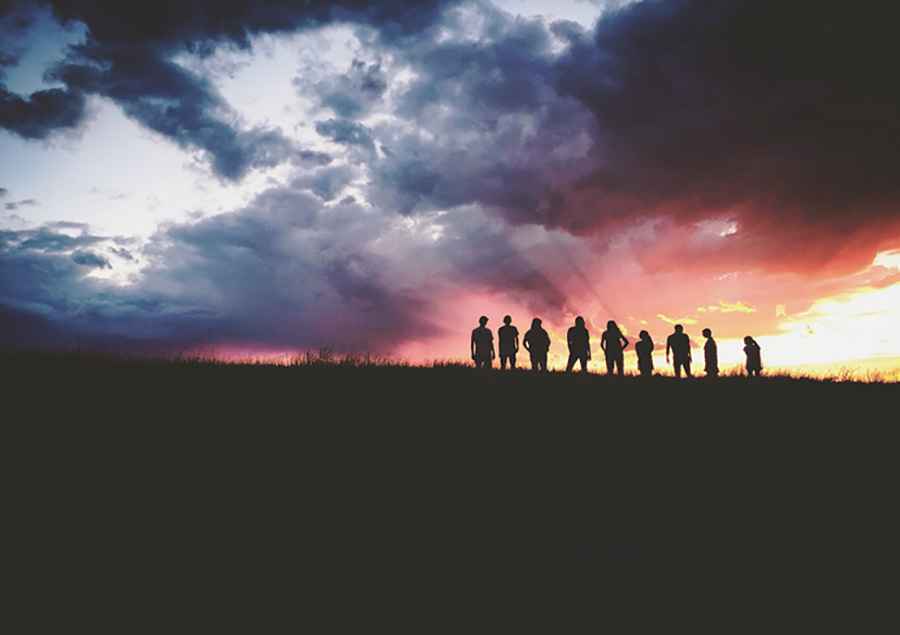Why Traveling Together Encourages Better Communication and Trust Among Teams
Trust and communication are more than buzzwords, they’re vital ingredients for high-performing teams. Yet even with collaborative tools and open-plan offices, many organizations struggle to build meaningful connections among employees. That’s where shared experiences, particularly through travel, can make a lasting impact.

When team members leave the confines of their daily routines and immerse themselves in new environments, barriers come down, personalities open up, and new dynamics emerge. Whether it’s a weekend retreat, international conference, or short off-site trip, traveling together strengthens the interpersonal foundation teams need to thrive.
Shared Experiences Strengthen Team Identity
Breaking away from workplace roles allows individuals to engage on a human level, away from task lists and job titles. Group travel fosters a shared narrative, filled with memorable meals, unexpected detours, and collective problem-solving, that can’t be replicated in the office.
These shared experiences naturally lead to increased empathy and understanding. During a team trip, people learn more about each other’s communication styles, values, and stress responses. This insight builds patience and reduces misunderstandings when back in the workplace.
Participating in activities outside of one’s comfort zone creates space for vulnerability, which is foundational to trust. Whether it’s hiking a steep trail, navigating a new city, or tackling a team-building challenge, people often drop their professional guard and support each other in more authentic ways.
Choosing the Right Environment to Foster Connection
Not every trip delivers the same benefits. The environment matters. Outdoor adventures, workshops, or curated excursions offer unique opportunities to foster team growth in ways that traditional meetings cannot. For example, Sydney bonding activities for work teams have become increasingly popular due to the city’s variety of nature-based, cultural, and challenge-oriented experiences. From harbor cruises and beach games to escape rooms and Aboriginal cultural tours, Sydney offers a dynamic blend of activities that require collaboration and encourage informal conversation. These experiences offer just the right mix of novelty and challenge, stimulating interaction without overwhelming participants.
A well-planned destination with inclusive activities ensures that everyone feels engaged, regardless of personality type or physical ability. When all team members feel valued and included, trust builds more organically.
Encouraging Open Dialogue in Informal Settings
Back in the workplace, conversations are often structured, time-limited, or influenced by hierarchical pressure. While clarity and professionalism are necessary, they can stifle genuine expression. Traveling together removes these constraints.
Over shared meals, scenic walks, or downtime at a hotel, team members can discuss topics that rarely surface in meetings. Informal conversations help managers learn what motivates their teams and give colleagues a better sense of each other’s strengths and aspirations.
These insights can carry over into project planning and collaboration. When people feel heard and seen in an informal setting, they’re more likely to speak up and contribute meaningfully in formal environments as well.
Building Trust Through Mutual Dependence
Travel introduces unpredictability, missed flights, language barriers, and logistical changes that require adaptability and mutual support. In these moments, team members must rely on one another, revealing natural leadership, humor, resilience, and decision-making under pressure.
This mutual dependence fosters respect and appreciation for individual strengths. A team member who might be quiet in meetings may shine when solving real-time challenges or organizing group logistics. Recognizing each other’s contributions outside of the job description builds mutual trust and admiration.
Importantly, seeing how teammates handle uncertainty creates stronger bonds than completing a report or presentation ever could. Trust born in shared adversity tends to endure long after the trip ends.
Enhancing Cultural Awareness and Inclusion
When teams travel, they encounter different cultures, languages, and customs. These experiences challenge assumptions and require greater awareness of how others think, communicate, and live.
For diverse teams, this exposure reinforces the importance of inclusion. Cultural sensitivity isn’t just about checking boxes; it’s about learning to operate with humility, curiosity, and open-mindedness. These qualities transfer to everyday teamwork, where different viewpoints and experiences must be respected and integrated.
Even local travel offers chances to explore communities, traditions, or cuisines that are unfamiliar to some team members. By engaging in cultural discovery together, teams develop a deeper appreciation for diverse perspectives, making them more cohesive and creative in their problem-solving back home.
Sustaining Momentum After the Trip
The benefits of team travel don’t end when the trip does. Upon return, the shared memories become a reference point, “remember when…” stories that fuel laughter, camaraderie, and a sense of belonging. These memories can reignite team spirit during stressful project phases or leadership transitions.
To sustain momentum, teams should reflect on the experience. Schedule a post-trip meeting to discuss key takeaways, how the group dynamic changed, and ideas for improving collaboration. Encourage everyone to share what they learned about themselves and their teammates.
Traveling together is more than a fun perk or a break from work, it’s an investment in team cohesion, communication, and trust. Shared adventures foster empathy, highlight hidden strengths, and give colleagues space to engage with one another as individuals, not just coworkers. Whether exploring a new city or navigating a local retreat, the bonds built through travel can lead to more effective, resilient, and unified teams for years to come.
Image Source: https://pixabay.com/photos/mountain-highland-dark-cloud-sky-2564269/